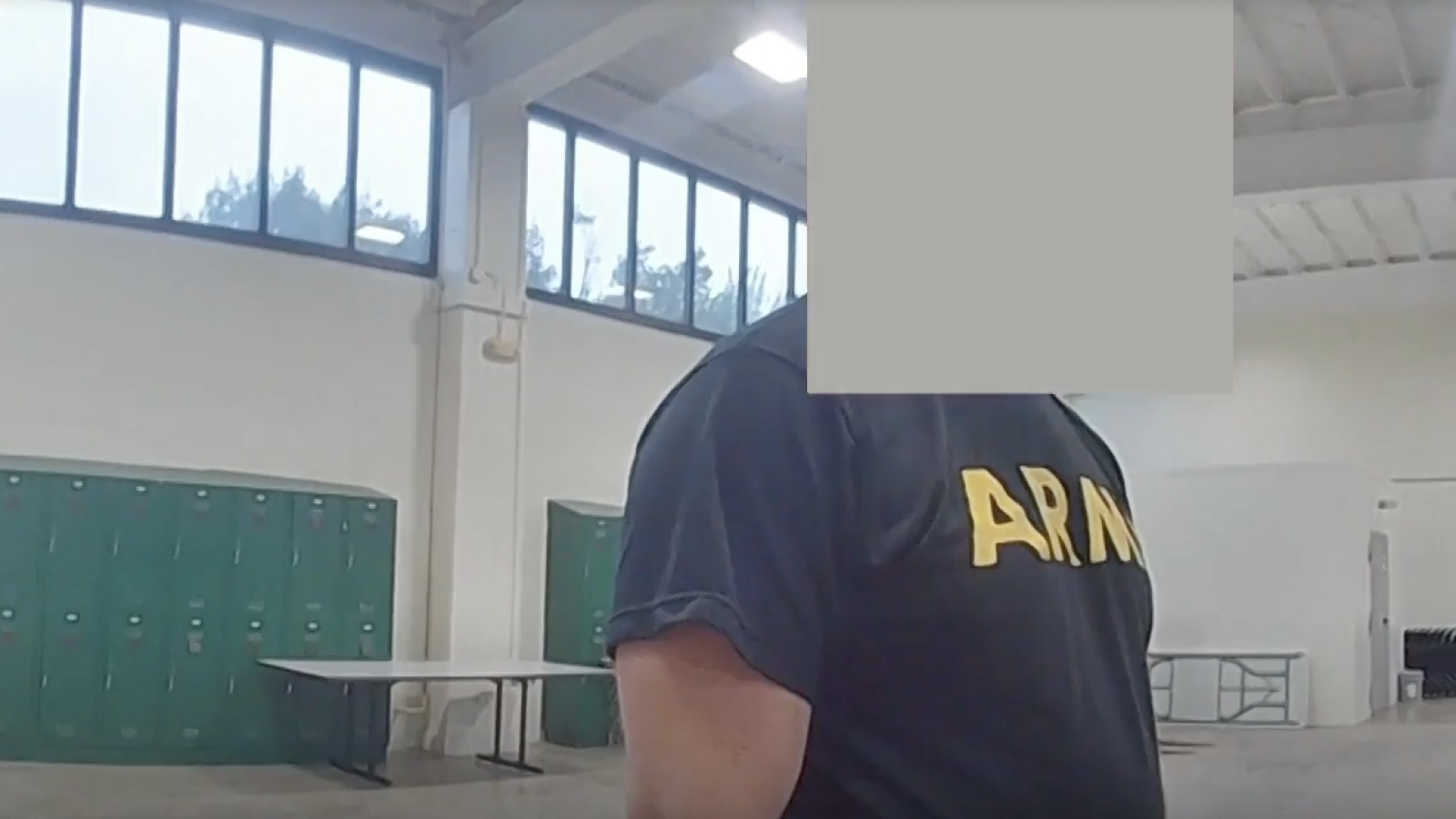An independent commission investigation into the mass shooting in Lewiston, Maine, by former Army Reservist Robert Card has revealed both the U.S. Army and local law enforcement are partly to blame for not preventing the deadly rampage by Card.
NBC News reported that after ten months, an independent commission revealed that both the U.S. Army and a local Sheriff’s office had chances to prevent Card from committing a mass shooting.
The independent commission report revealed Card is solely responsible for killing 18 people, but further noted, “The leaders of the gunman’s Army Reserve unit “failed to undertake necessary steps to reduce the threat he posed to the public.”
The report added, “A Sagadahoc County Sheriff’s Office sergeant conducting a welfare check on Card weeks before the shooting had “sufficient probable cause” to take him into protective custody under state law.”
The commission found that the Sagadahoc County Sheriff's Office had probable cause to take Robert Card's guns away under the yellow flag law. They also found that his Army Reserve unit failed to take steps to reduce the threat he posed.https://t.co/lzrEwJzEAa
— CBS 13 News (@WGME) August 20, 2024
Army and police missed chances to prevent Maine's deadliest shooting https://t.co/RJF4EUeSjr pic.twitter.com/5NoV4eRpo9
— Newsweek (@Newsweek) August 20, 2024
NBC News broke the story:
Almost 10 months after an Army reservist’s rampage in Lewiston, Maine, left a trail of deadly gun violence, an independent commission scrutinizing what steps could have prevented the massacre said Tuesday that there were “several opportunities” that if taken by law enforcement and the military “might have changed the course of these tragic events.”
ADVERTISEMENTWhile the independent commission’s final report found that gunman Robert Card was solely responsible for his own conduct, other lapses played a role, including that:
A Sagadahoc County Sheriff’s Office sergeant conducting a welfare check on Card weeks before the shooting had “sufficient probable cause” to take him into protective custody under state law.
The leaders of the gunman’s Army Reserve unit “failed to undertake necessary steps to reduce the threat he posed to the public,” such as ignoring “strong recommendations” from his mental health providers to stay engaged with his care and ensure any weapons in his home were removed, and they “neglected to share” with the local sheriff’s office all of the information they knew about past threats he made.
The gunman’s company commander had the ability to store service members’ personal firearms and failed to properly check back in with the gunman after he was placed in a psychiatric unit last summer while at an Army training in West Point, New York, where he got into a physical altercation with another reservist.
Medical staff at Keller Army Community Hospital in West Point, where the gunman was initially evaluated last summer, failed to file a so-called SAFE Act notice, which is used to alert when someone may be a danger to themselves or others.
Missed? Or deliberately ignored?https://t.co/PTQIkQ6kch
— John Hamblin (@JohnDHamblin) August 20, 2024
Per CBS News:
Nine months after a former member of the U.S. Army Reserve killed 18 people in two linked massacres that became the deadliest shootings in Maine’s history, a special commission tasked with investigating what happened, and whether it could have been prevented, released a final report Tuesday detailing missed opportunities to potentially stop the rampage.
The report pointed to failures on the parts of both the Army Reserves and local law enforcement to intervene in the gunman’s psychiatric crisis, creating an image of a spiraling reservist whose weapons should have been seized before he had a chance to carry out the attacks.
The independent commission — which held more than a dozen public meetings, heard from scores of witnesses and reviewed thousands of pages of evidence — cited shortcomings by police for failing to take the gunman’s weapons and by the Army Reserves for failing to provide proper care for the 40-year-old gunman, Robert Card.
ADVERTISEMENTThe commission, created by Gov. Janet Mills, a Democrat, announced its conclusions at Lewiston City Hall, less than 3 miles from the two sites where the shootings took place on Oct. 25, 2023.
The 215-page report reiterated the panel’s conclusion from an interim finding in March that law enforcement had authority under the state’s yellow flag law to seize the shooter’s guns and put him in protective custody weeks before the shootings. But it also said the Army Reserves also should have done more, as well, to ensure care and deal with the weapons.



Join the conversation!
Please share your thoughts about this article below. We value your opinions, and would love to see you add to the discussion!